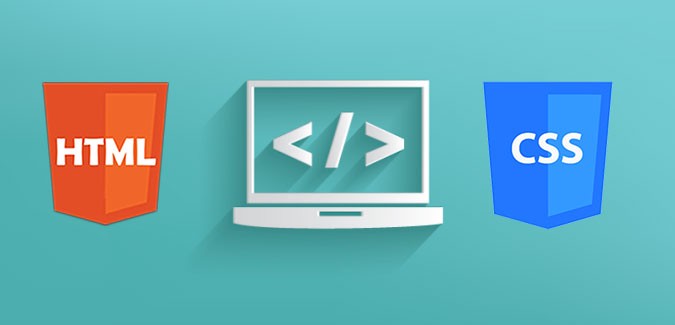Humanities students who are not interested in DH should not be forced to learn how to code. However, as I am learning more about even simple HTML coding, I think that it is essential that students who are interested in DH learn at least basic coding, as opposed to outsourcing the work to others.
I was fascinated by several ideas in Matthew Kirschenbaum’s article, ““Hello Worlds (why humanities students should learn to program)”. Despite his title, Kirschenbaum does not explicitly state that all humanities students should be fluent in a programming language. Rather, he argues that programming should be seen as a type of modelling:
Computers should not be black boxes but rather understood as engines for creating powerful and persuasive models of the world around us.
However, despite being made by computers, these models “are not objective.” Kirschenbaum continues,
These virtual worlds… embody their authors’ biases, blind spots, ideologies, prejudices, and opinions. That is not a liability but their great asset, allowing them to serve as platforms for propagating some particular view of reality […]
While Kirschenbaum presents the subjective nature of virtual worlds as a positive (“their great asset”), I think that his point also serves as a warning. Virtual worlds “embody” the viewpoints and biases of their creators. If Humanists outsource entire projects to non-specialists, then the chance that those biases become “liabilities” is much greater. The emphasis in the humanities on viewpoint and subjectivity makes it imperative that humanities scholars actively take part in the building of a DH project. In my opinion, this means that humanists interested in making a digital project should learn to code that project; or, at the very least, should be in the room as the code is being written.
My own experience this week of learning rudimentary HTML and CSS has really driven this point home to me. Before taking the tutorials, I was not convinced that humanities scholars had to take an active role in designing DH projects. Now, I think that it is crucial that scholars have at least some knowledge of the different tags and elements that are available. That way, they can experiment with different tools on the fly in order to render their vision of the project.
One very small example of this in my own experience is the “insert” tag on HTML. I learned about this tool and thought that it might be useful for annotation — maybe I could create a web page with an annotated poem. While I obviously still have a long way to go before I know how to do that, I think that this is an example of how learning about the digital tools that are available can inspire new ideas. Here’s a theoretical example of the structure that I envision:
<p>I caught this morning morning's minion, king-<ins "use of enjambment"></ins><br> Dom of daylight's dauphin...</p>
I’d like to end with another quote from Kirschenbaum:
Our students will need to become more at ease reading (and writing) back and forth across the boundaries between natural and artificial languages.
I think that this quote highlights the usefulness of designing one’s own project — going “back and forth” between computer code and traditional humanistic methods is a lot easier when you know at least some of both languages.

I like the ideas presented here and agree with your stance that it’s much easier to take an active role as a designer for your own DH project that outsourcing the task to someone else.
Hello David! I also believe it is important for humanists to understand basic programming concepts and ways of thinking so they can better communicate their visions for the project to the designers. I think your argument on how technology can inspire new ideas and modes of presentation is very creative and interesting
David, your point about the subjectivity of coding and the virtual worlds we create really resonated with me. I agree that it’s important more now than ever to have humanities scholars in computer science, especially as algorithms have an increasingly large impact on people’s lives. Your argument reminded me of the many human biases that can be embedded in code, whether that is facial recognition software that fails to detect darker faces or AI-powered resume reviewing tools that discriminate against women. Having more people in the room is beneficial for all involved.
David, I liked the point you had about a digital humanist having more control over the product of their work if they at least knew a little bit of coding. I think that the Kirschenbaum quote about using computers to realize and counter biases is very insightful and backs up your points well.